





Apple updates iOS, Safari, and App Store in EU for Digital Markets Act compliance, adding developer tools and user safeguards.
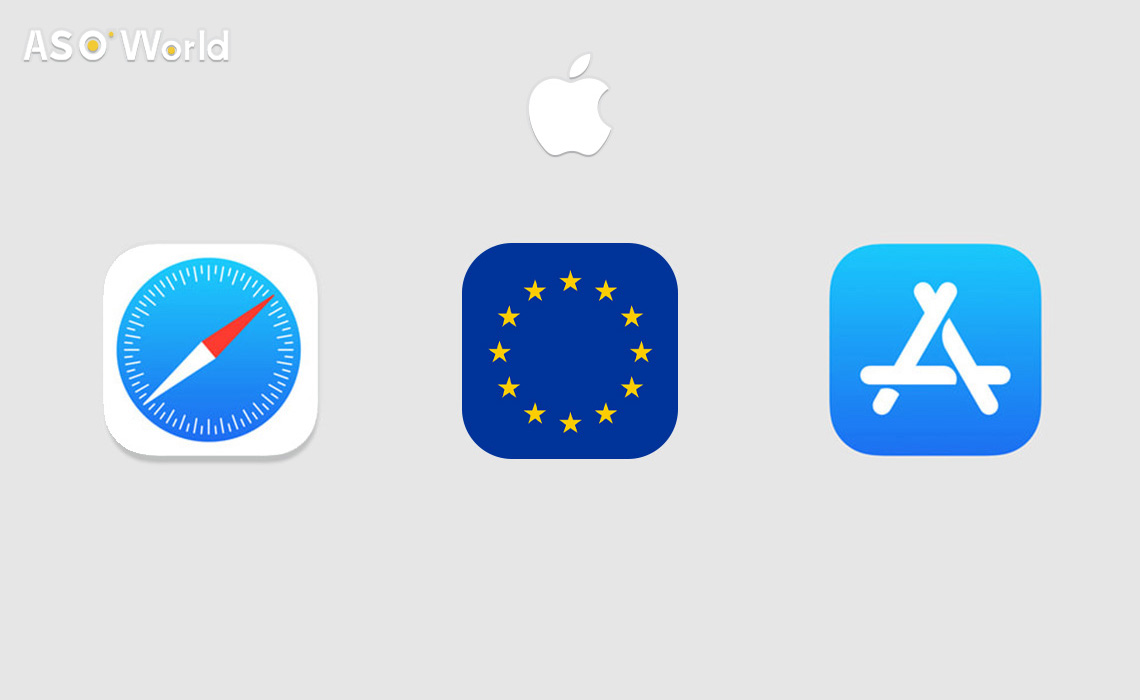
In a landmark move, Apple has announced a series of significant changes to its iOS, Safari, and the App Store in response to the European Union's Digital Markets Act (DMA).
The tech giant is set to implement over 600 new APIs, enhance app analytics, incorporate alternative browser engines, and introduce new payment processing and app distribution methods, all while aiming to safeguard EU users against potential privacy and security risks.
>>> Apple Developer Support: Update on apps distributed in the European Union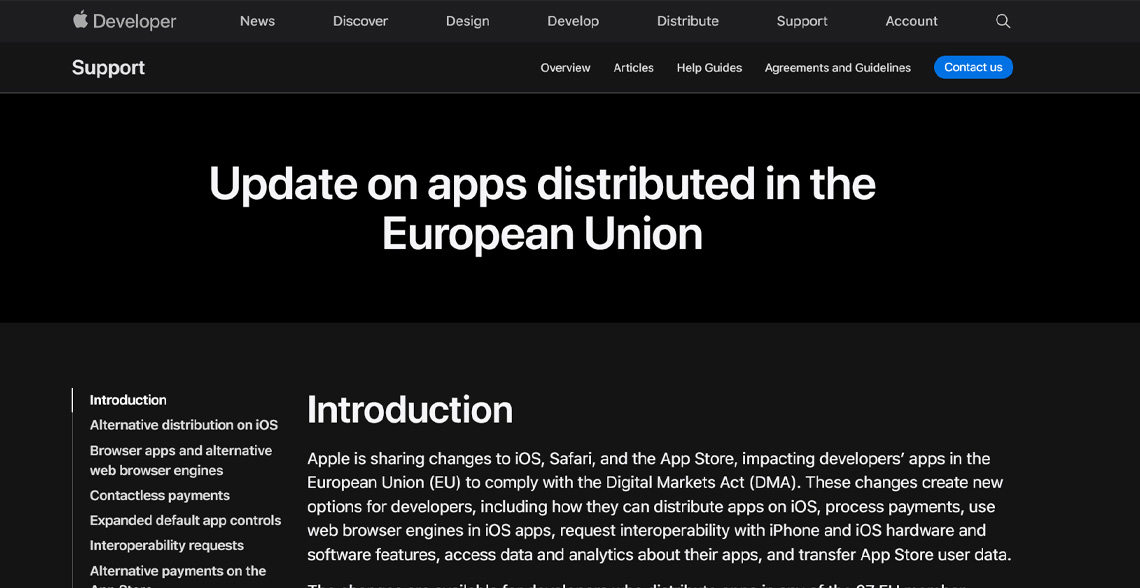
Apple's compliance with the DMA introduces new avenues for developers, such as alternative app distribution and payment processing. These changes are expected to empower developers with greater flexibility in reaching users and managing transactions.
For EU users, the changes promise more control and transparency. Apple is set to implement expanded protections to mitigate privacy and security risks. However, despite these efforts, the company acknowledges that some risks associated with the DMA cannot be completely eliminated.
Developers can access detailed information on the Apple Developer Support page and start testing with the iOS 17.4 beta. The full suite of new capabilities will go live for users across the 27 EU countries starting March 2024.
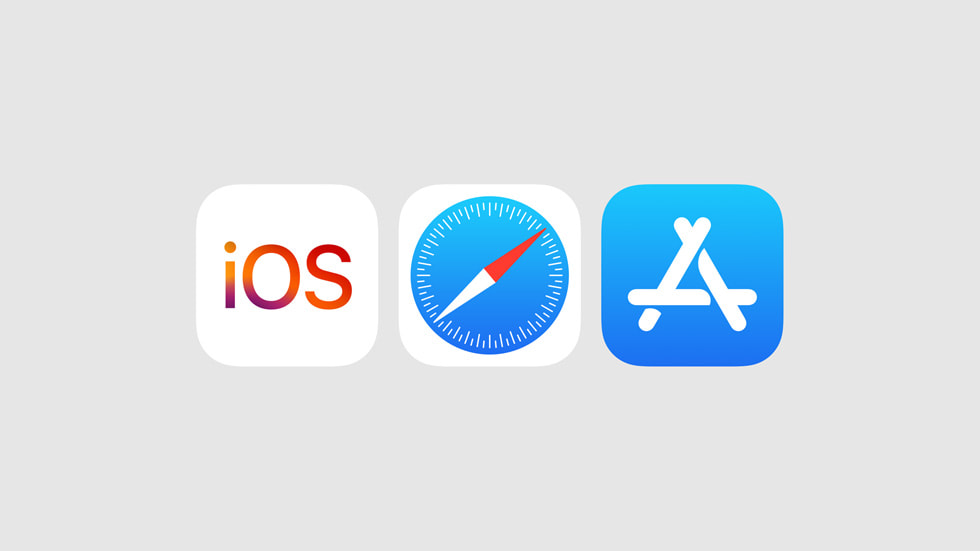
(Source: Apple)
Apple is charting a new course for iOS app distribution by allowing developers to offer their apps on alternative app marketplaces. This move is supported by new APIs and controls that also aim to protect developers' intellectual property.
> Third-party App Marketplaces
A groundbreaking framework will enable the creation of third-party app marketplaces, complete with the ability to manage app installations and updates. Notarization for these marketplace apps will be mandatory, ensuring security and system integrity.
> Alternative Browser Engines
The introduction of alternative browser engines marks a departure from the WebKit-only policy, as authorized developers will now be able to utilize different browser engines for enhanced app experiences.
> Contactless Payments
Aligning with the DMA, Apple is introducing new APIs that will enable developers to incorporate NFC technology into their banking and wallet applications, facilitating contactless payments across the European Economic Area.
Users will benefit from expanded default app controls, gaining the power to select their preferred app marketplace and contactless payment apps as defaults. The process for choosing a default web browser is also simplified, furthering user autonomy.
To support the development community, Apple has introduced an interoperability request form, allowing developers to seek integration with iPhone and iOS hardware and software features, fostering innovation and collaboration.
EU users will encounter a new choice screen upon opening Safari, prompting them to select a default browser. This change is a direct result of the DMA's mandates, aiming to enhance user autonomy.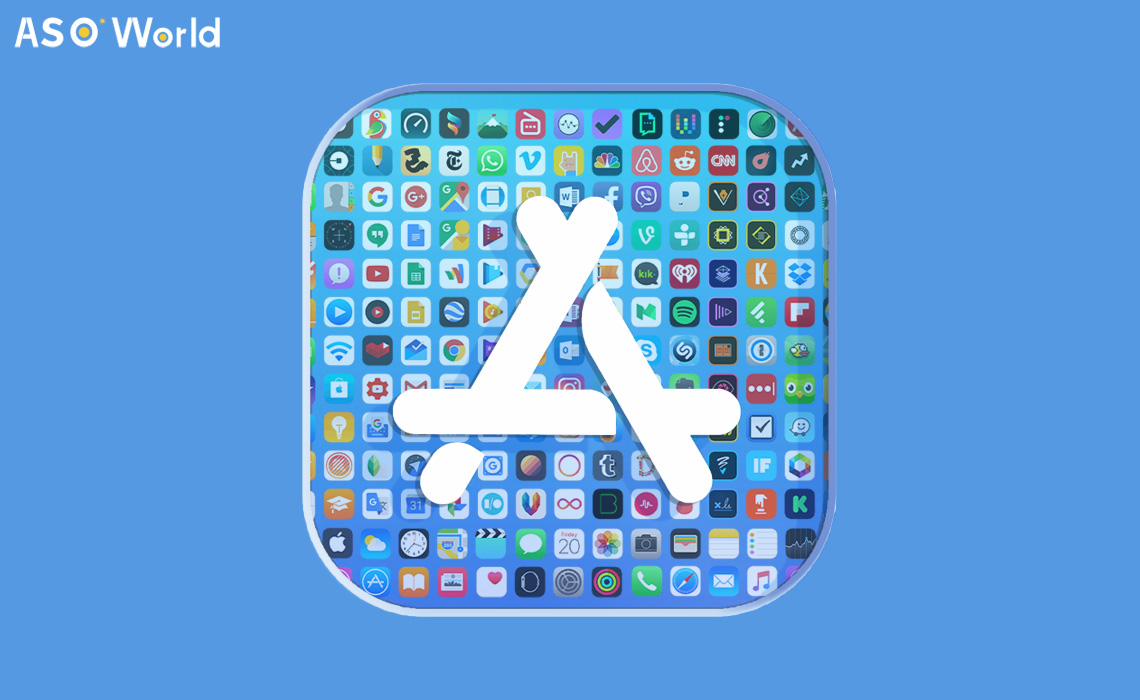
The App Store is set to diversify payment options significantly, allowing developers to integrate alternative payment service providers (PSPs) within their apps.
This move provides a choice beyond Apple's In-App Purchase system for processing transactions related to digital goods and services, applicable across iOS, iPadOS, macOS, tvOS, and watchOS.
Furthermore, developers will now have the option to direct users to an external webpage for completing transactions.
This link-out capability offers a pathway for users to access promotions, discounts, and other deals that developers may offer outside of their App Store apps.
This represents a substantial shift towards more open commerce within Apple's ecosystem, providing both developers and users with more flexibility in how they sell and purchase digital goods and services.
Developers can choose to adopt new business terms tailored to the EU or stick with Apple's existing terms. These terms are designed to accommodate the DMA's provisions for alternative distribution and payment processing.
>>> iPhone Sideloading Set to Transform EU App Market in 2024
In response to the DMA and to provide developers with more incentive, Apple has announced a revised commission structure for developers selling digital goods and services on the App Store. The new model introduces a reduced commission rate that varies depending on the developer's specific circumstances.
> Reduced Commission
For the vast majority of developers, especially those with smaller businesses, the commission on transactions will be set at 10%. This lower rate also applies to subscription services after their first year, aligning with Apple's existing subscription revenue split.
On the other hand, larger developers will be subject to a 17% commission rate for transactions involving digital goods and services.
> Reduced Commission
In addition to the commission, Apple has introduced a payment processing fee for those who choose to continue using the App Store's payment system.
This fee will be an additional 3%, allowing developers to still benefit from Apple's trusted payment processing infrastructure while also having the option to use alternative payment service providers (PSPs) within their apps or direct users to their websites for payment processing, without incurring additional charges from Apple.
> Core Technology Fee
A new Core Technology Fee will also be implemented, which is particularly relevant for apps that experience high download volumes. This fee is set at €0.50 for each first annual install of an app that surpasses the one million threshold.
It is designed to offset the costs associated with the use of Apple's core technology when apps are distributed either through the App Store or alternative marketplaces.
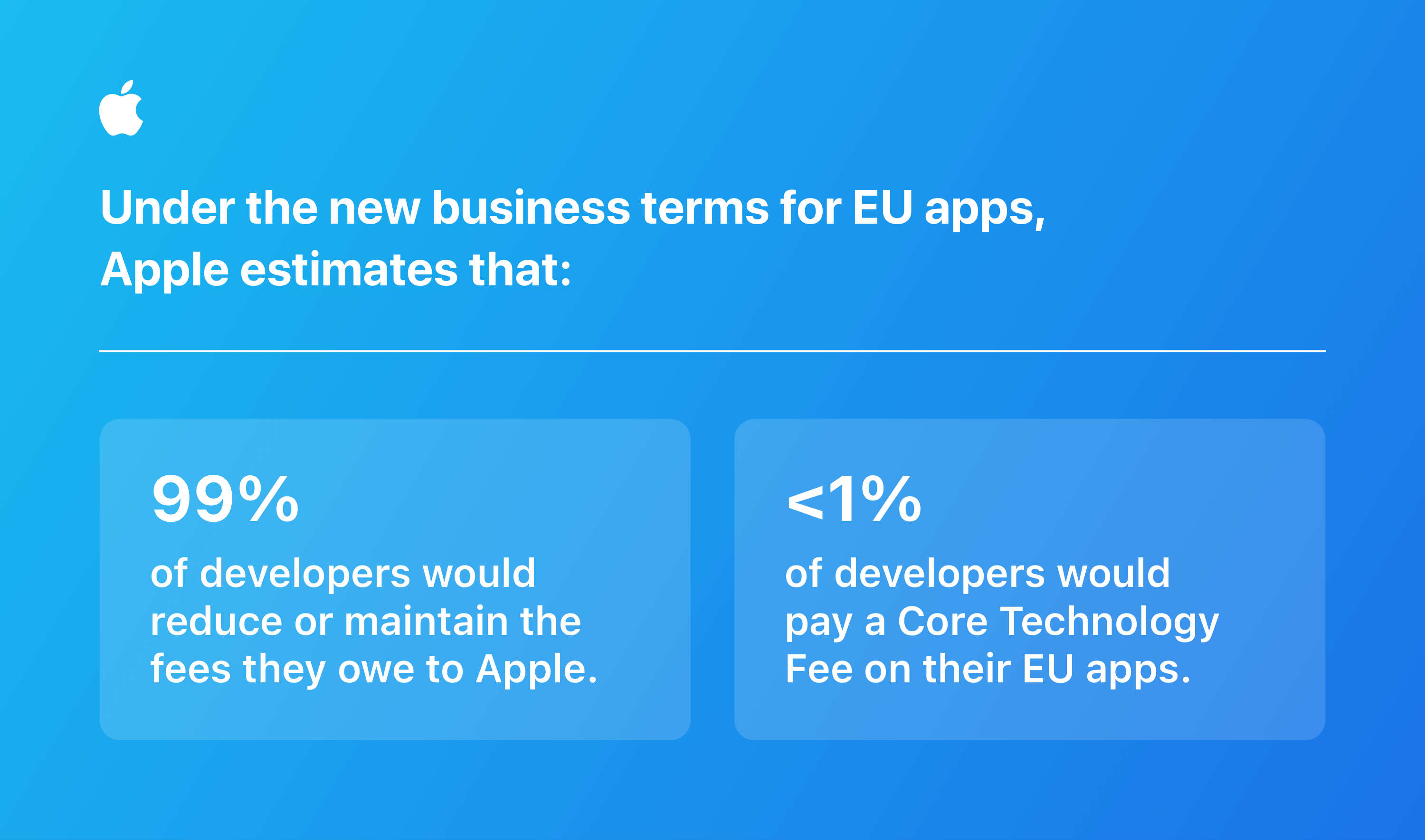
(Source: Apple)
These new business terms are part of Apple's effort to comply with EU regulations while also providing developers with more control over their business models.
The revised fee structure aims to reflect the value that the App Store and Apple's technology provide to developers, from app discovery and distribution to the security and convenience of payment processing.
The new terms include a reduced commission, a payment processing fee, and a Core Technology Fee for apps exceeding certain thresholds. Apple offers a fee calculator and detailed reports to help developers assess the impact on their businesses.
Click "Learn More" to drive your apps & games business with the ASO World app promotion service now.
The sweeping changes announced by Apple in response to the DMA signify a pivotal shift in the company's approach to software distribution and monetization in the EU.
While the company strives to maintain the quality and security of the user experience, the introduction of new developer tools and options for app distribution and payment processing could herald a new era of digital marketplace competition and innovation.
However, the potential increase in privacy and security risks remains a concern, underscoring the delicate balance between regulatory compliance and maintaining user trust.

Get FREE Optimization Consultation
Let's Grow Your App & Get Massive Traffic!
All content, layout and frame code of all ASOWorld blog sections belong to the original content and technical team, all reproduction and references need to indicate the source and link in the obvious position, otherwise legal responsibility will be pursued.